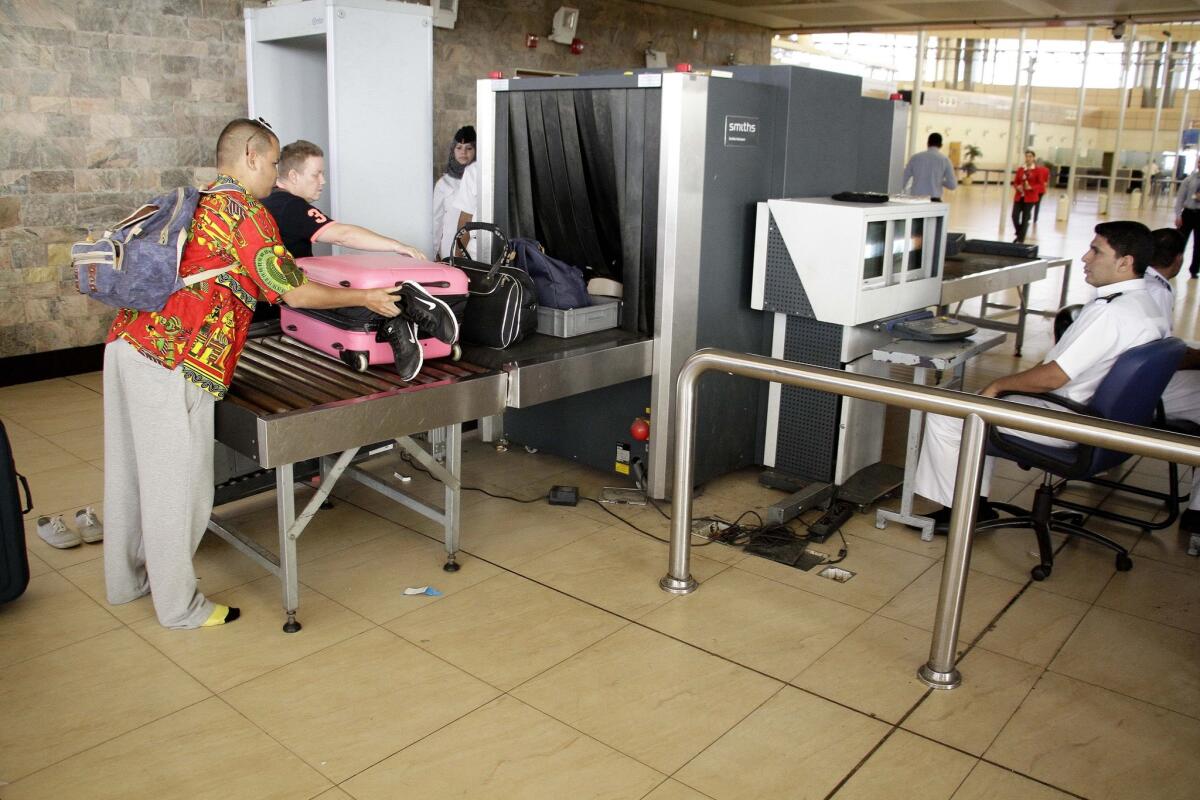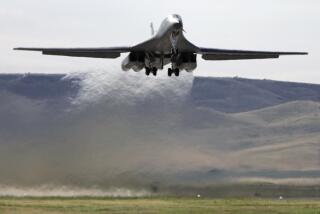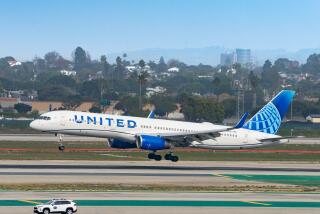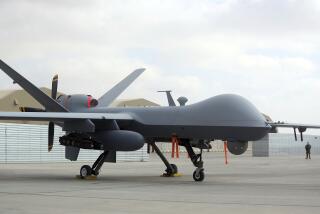Russian crash requires broad rethinking of air safety, British official says

Egyptian security officials screen luggage as passengers prepare to check in at the airport at Sharm el Sheik on Nov. 9.
Britain’s foreign secretary called Tuesday for a broad reexamination of global air-safety practices in light of the deadly Oct. 31 crash of a Russian airliner in Egypt.
Philip Hammond said authorities need to study how terrorists were apparently able to take down a commercial airliner with a bomb for the first time since the Lockerbie air disaster of 1988. The crash of Metrojet Flight 9268, which killed 244 Russians en route from Sharm el Sheik, Egypt, to St. Petersburg, Russia, would also require a new approach to managing airport security in many countries, he said.
“We’ve been woken up,” Hammond said in a meeting with a group of reporters.
NEWSLETTER: Get the day’s top headlines from Times Editor Davan Maharaj >>
British and U.S. officials have come to the view in recent days that the crash was probably caused by a terrorist bomb, rather than a mechanical failure.
Hammond said such attacks have been rare not because bombs are hard to devise, but because air-safety practices have made it difficult to smuggle them on board. Now authorities need to examine whether terrorists have found technologies that pose a new threat, and whether in some way “we have gotten careless or complacent,” he said.
To bring down an airliner “all you need is a couple of pounds of explosives and a timer,” Hammond said. “We’re not talking about rocket science here, we’re talking about schoolboy physics.”
British authorities suspended flights to Egypt early this month after deciding Egyptian airport security was insufficient. Hammond said there is a “cultural problem” in Egypt and many other parts of the world that equates airport safety with “buying some new machines.”
In fact, authorities in many countries need to do a far better job vetting and managing airport security staffs to ensure they’re vigilant, he said.
If countries such as Egypt balk at suggested airport security improvements, countries such as Britain can halt flights that bring them valuable tourist dollars, Hammond said.
Hammond speculated that if the plane was brought down by a bomber, it could have been the work of the Islamic State’s central organization in Syria, an affiliate of the militant group based in Sinai, or a lone attacker, possibly inspired by Islamic State.
On a separate subject, Hammond said he was unable to predict whether Russian President Vladimir Putin would continue his recent military drive in Syria, or would relent and pull back to avoid having Russian forces stuck in a quagmire.
“One thing he can’t do is appear weak,” Hammond said. Putin “has a brand image, and that’s strength. And he’ll want to protect his image as somebody who can’t be pushed around.”
Hammond said the Russians, while carrying out airstrikes on a wide array of opposition forces, have few troops on the ground in Syria. They include some special forces members and technical specialists, he said.
For foreign policy news, follow me at @richtpau
MORE ON PLANE CRASH:
U.S. officials: Russian crash likely due to ISIS bomb
In Russia, conflicting theories over passenger jet crash in Sinai
Russian plane broke apart high above the Sinai Peninsula, official says
More to Read
Sign up for Essential California
The most important California stories and recommendations in your inbox every morning.
You may occasionally receive promotional content from the Los Angeles Times.











